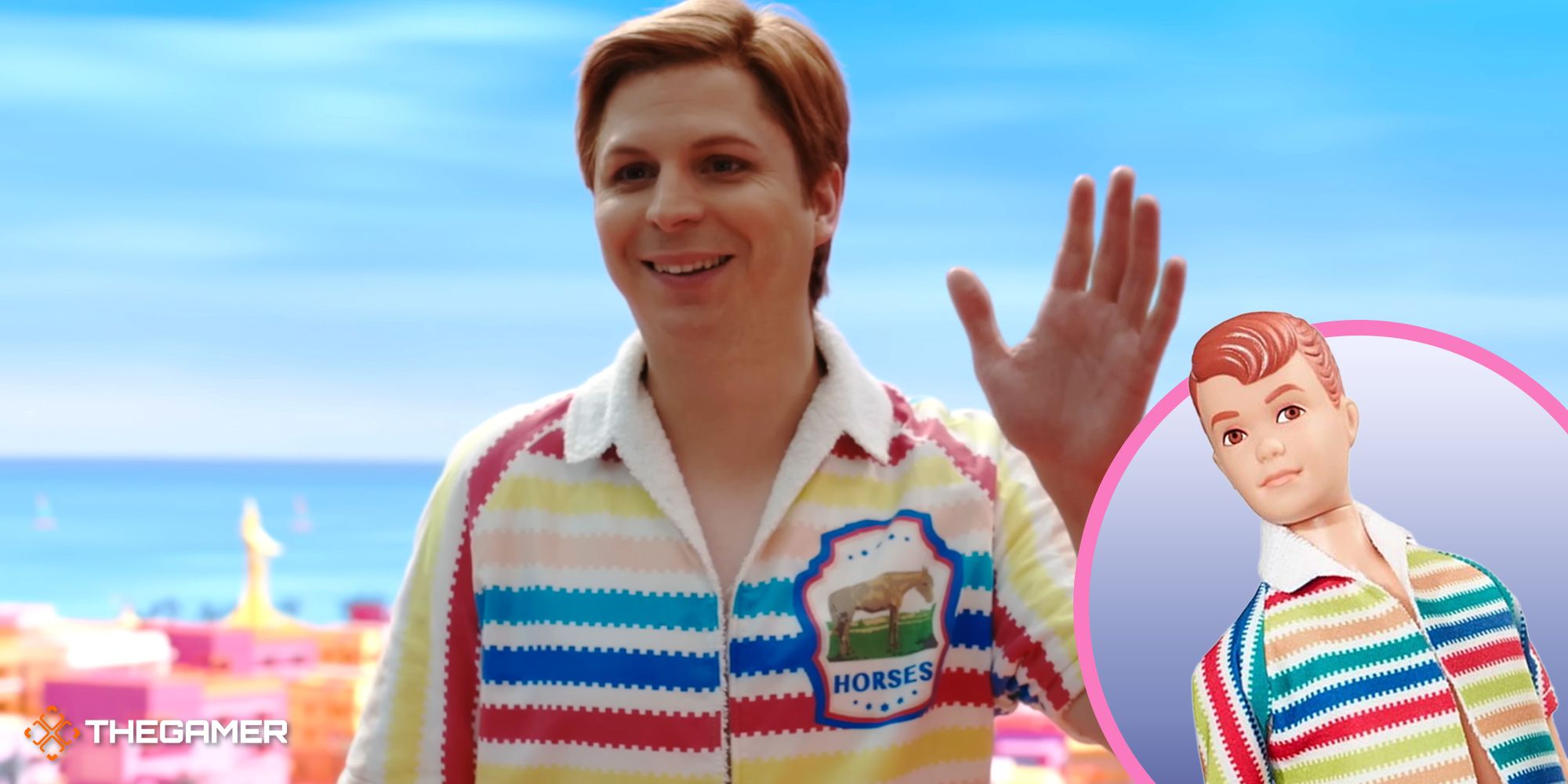I love how contemporary media, especially blockbuster movies, have been giving us so many examples of what it means to be a man in modern society. I’ve written about Everything Everywhere All at Once more times than anybody cares to read about, and that’s partly because its portrayal of Waymond and radical empathy touched me so deeply. It was a nuanced portrayal of a man who refused to subscribe to traditionally masculine values, who chose not to fight with his fists but with understanding and forgiveness. In a world increasingly dominated by men indoctrinated into the idea of having to be alphas to succeed, these portrayals are all the more important.
If that description of the world sounds familiar, that’s because it’s basically the plot of Barbie. Beach Ken discovers patriarchy and decides to institute it in Barbieland, ousting the women in power in an attempt to find some kind of an identity in having authority. Allan, played by Michael Cera, hates this. Allan is awkward and knows he doesn’t have a place in Barbieland. When the women were in charge, he was free to mind his own business, but the machismo of the new society getting built before his eyes unsettles him. He finds himself serving beers and giving foot rubs with the other Barbies, as he’s not masculine or buff or authoritative enough to fit in with the other Kens.
In an interview with Entertainment Tonight, Cera says, “Allan is sort of like a person without a group that he belongs to. He’s kind of a loner, in a way.” He goes on to interpret this as being because Allan didn’t have a very successful run, making him a sort of “marginalised person in this world of Kens”. Because Allan refuses, or is unable, to assimilate into a highly-masculinised world, he finds himself trying to escape Barbieland with the humans as they leave. This doesn’t go to plan, but he gets what he wants in the end – a little peace and quiet.
I find the number of non-binary people hailing Allan as a non-binary icon hilarious, but not in a ‘ha ha that’s silly’ way, more of a ‘ha ha I get it’ way. Allan is the outsider, fitting in nowhere, and there’s only one of him. He breaks the fourth wall and responds to the narrator, in a movie where nobody else does. He wants to escape the world built for him in order to find a place for himself where he belongs, and that’s highly relatable for a lot of queer people.
He seeks community, actively escaping a situation that feels hostile to him – at the very least, he just wants some peace and quiet and to not be oppressed by Kens. He allies with women because he sees the flaws in patriarchy, and you cannot tell me Allan isn’t queer-coded, I will not hear it. He dances with the Barbies!
I’m an avowed Michael Cera stan, because my favourite genre of man is ‘weird little guy’. It gave me great joy to see him using his deadpan powers for good, and it surprised me that out of all the incredible actors in Barbie, his smaller role was one of my favourites. I’m perfectly happy to follow in Twitter’s footsteps and hail Allan as a non-binary icon, but even if the community hadn’t claimed him, his portrayal of masculinity is the healthiest in the film. In a world of Kens, he’s just Allan, and he’s fine with that. We should all have that same level of self-acceptance.

